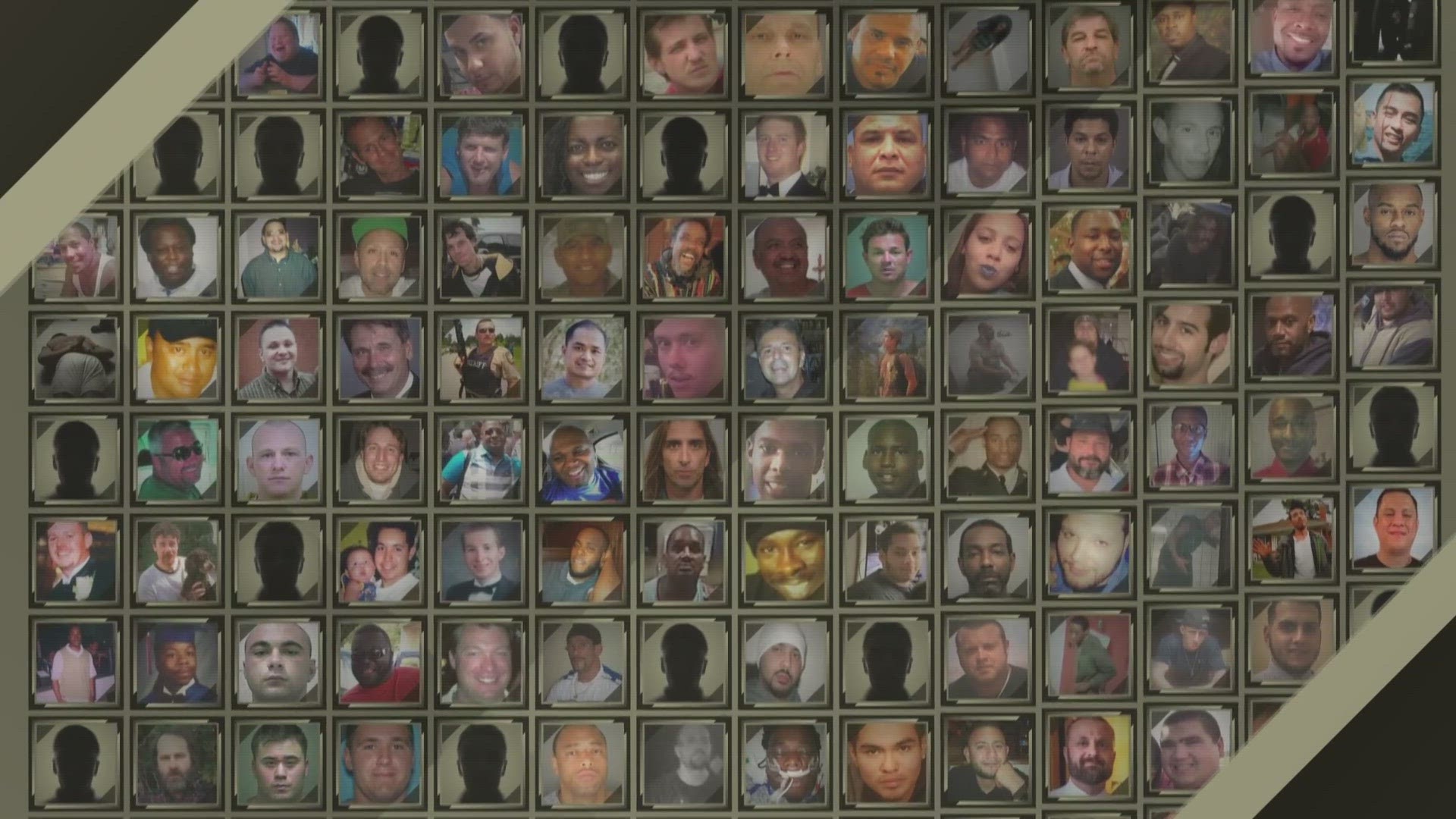DENVER — A controversial theory an ongoing 9NEWS investigation has tied to more than 150 deaths now has zero major medical organizations willing to support it moving forward.
On Thursday, the last holdout in the medical community decided to unequivocally drop any support of the term “excited delirium.”
The American College of Emergency Physicians issued a statement that read, in part, “The term excited delirium should not be used among the wider medical and public health community, law enforcement organizations, and ACEP members acting as expert witnesses testifying in relevant civil or criminal litigation.”
It’s a decision that mirrors, in many ways, what the American Medical Association, the American Psychiatric Association, and the National Association of Medical Examiners have said in recent years.
In a written statement, the medical director at Physicians for Human Rights Dr. Michele Heisler said, “It is heartening that ACEP has now joined all other U.S. medical and psychiatric associations in unequivocally repudiating ‘excited delirium.’ We applaud the ACEP members who have worked tirelessly to advocate for reform in their association and who pushed through this landmark resolution.”
Use of the term “excited delirium” has played out in such high-profile deaths as George Floyd and Elijah McClain. When someone suddenly died in law enforcement custody, critics say, excited delirium became a convenient excuse for restraint.
Those who suggest it’s real and people can die from it say the condition is marked by, among other things, super human strength, imperviousness to pain, and severe agitation.
When McClain died in Aurora in 2019, the Adams County Coroner’s Office speculated in an initial autopsy report that excited delirium might have killed McClain.
In addition, a paramedic injected McClain with ketamine on the belief he had excited delirium.
In 2009, the American College of Emergency Physicians issued a White Paper that, in many ways, added credibility to the concept that people can actually die from the often-misunderstood condition.
While ACEP’s White Paper had been roundly criticized for years, it took until this week for ACEP’s leaders to rebuke the 2009 paper.
Dr. Brooks Walsh, an ER doctor in Connecticut, helped push a resolution at ACEP’s annual conference in Philadelphia to hasten the move.
“I believe this has done tremendous harm to our organization,” Dr. Walsh said.
He said this is an attempt to right a wrong.
“I feel the responsibility to our patients,” he said, “to try to correct the perspective.”
SUGGESTED VIDEOS: Investigations & Crime

